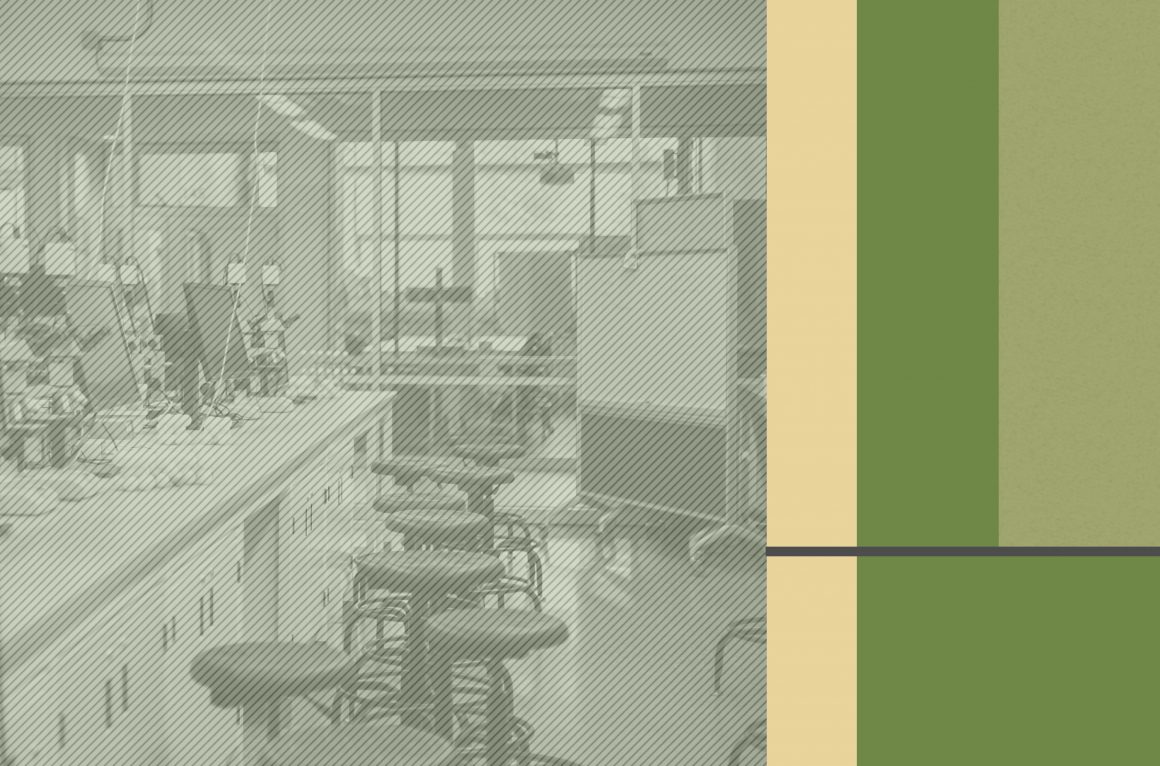
SU election supplement 2020: Faculty of Science representatives
Pragya Chopra
Pragya Chopra is organized, well-intentioned and has diligently crafted her platform.
Chopra’s idea to engage alumni in events is a good one. The University of Calgary alumni network is a strong community that is interested in helping students and taking full advantage of this doesn’t appear on nearly enough candidate’s platforms.
Her idea to incorporate Career Services and alumni to hold regular workshops that include activities such as mock interviews, job searching and networking is a good one and something that can be of practical benefit to science students. That being said, she will need to realize how difficult it can be to get the university’s Career Services involved in anything the SU reps want to do.
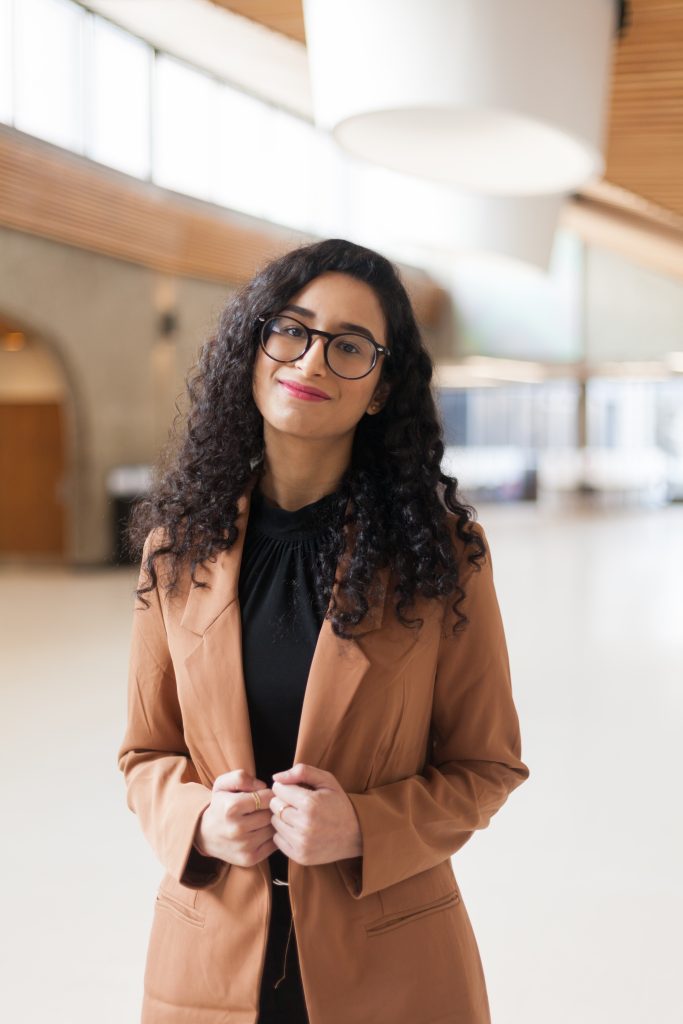
Chopra has grand plans to renovate some parts of the Mathematical Sciences building and while she is aware of the funding available to make renovations happen, she underestimates how difficult it will be to actualize this. She wants to start small by having better, more comfortable chairs and isn’t looking to knock out walls or anything extravagant, but it’s still going to be a challenge.
She believes what sets her apart from the other candidates is her experience with the Faculty of Science as a student ambassador and her involvement with the alumni network.
According to Chopra, the lack of unity in the faculty is one of the biggest challenges facing science students right now. Unfortunately, mental health doesn’t feature prominently in her platform and it’s an issue of great importance to students right now. She also needs a better plan to engage with students and hear their voices.
Overall, Chopra is a safe choice for science rep.
Chaten Jessel
Chaten Jessel is undoubtedly passionate about the role and really wants to be the science rep. He has some good ideas but needs to flesh them out and back them with a concrete plan.
Jessel’s desire to foster community in science and unite a diverse faculty is an admirable, if not common thought, yet he doesn’t offer a plan to actually do this.
He feels that the SU does wonderful things, but no one knows about them and his goal is to raise awareness about the organization. He’s not aware of what the SU does, other than “they offered food one day in the foyer by Science Theatres.”
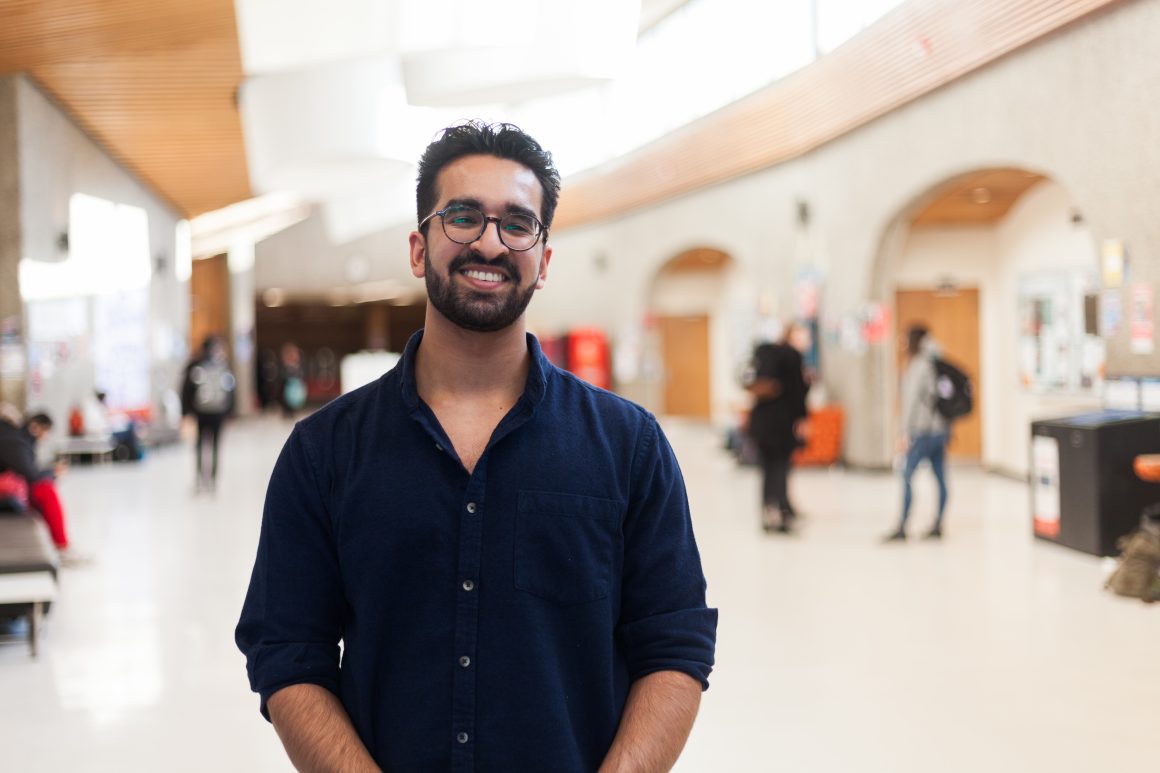
As far as mental health goes, Jessel feels that the SU has done a good job with revamping the SU Wellness Centre. He doesn’t see any need to improve the facilities but rather wants to promise the existing ones. He wants to promote Pet Therapy to more people and believes it’s a great program.
Jessel says what sets him apart is that he is very committed to the idea of being an SU rep, saying he’s excited to try and do something positive.
Jessel’s platform is largely the same as last year, because he feels strongly in his ideas, but he feels his confidence has improved.
He identified the largest problem facing science students as lack of access to wellness resources but thinks this can be resolved by promoting the things that already happen and that changing the mindset around the SU Wellness Centre to a more positive one would be beneficial.
His platform doesn’t contain any original ideas, but rather focuses on mixers and a few social events as well as increased communication via D2L.
Jessel is well-intentioned and his heart is in the right place, but he needs some concrete plans to back it up.
Manpreet Sahota
Manpreet Sahota is an impressive candidate for the Faculty of Science representative position. Though she’s the incumbent candidate, she hasn’t taken that fact for granted and has crafted a platform that builds on her work last year as well as the things she has learned in the role.
Her platform is well-rounded and includes academic, career, wellness, and student life initiatives. Mental health is important to Sahota and she’s worked to make her goals more specific and concrete, promising to decentralize wellness and mental health support by hosting science-specific student wellness events.
Sahota is well-known and well-liked on campus and places a strong focus on student consultation. Her approachability and caring demeanor as well as her genuine desire to help students succeed make her someone who can actively listen to student concerns and act on them. She acknowledges the diversity of the Faculty of Science and has been able to advocate for students outside her specific discipline of Plant Biology. She has also been a champion of diversity and inclusion and plans to continue her work in this area.
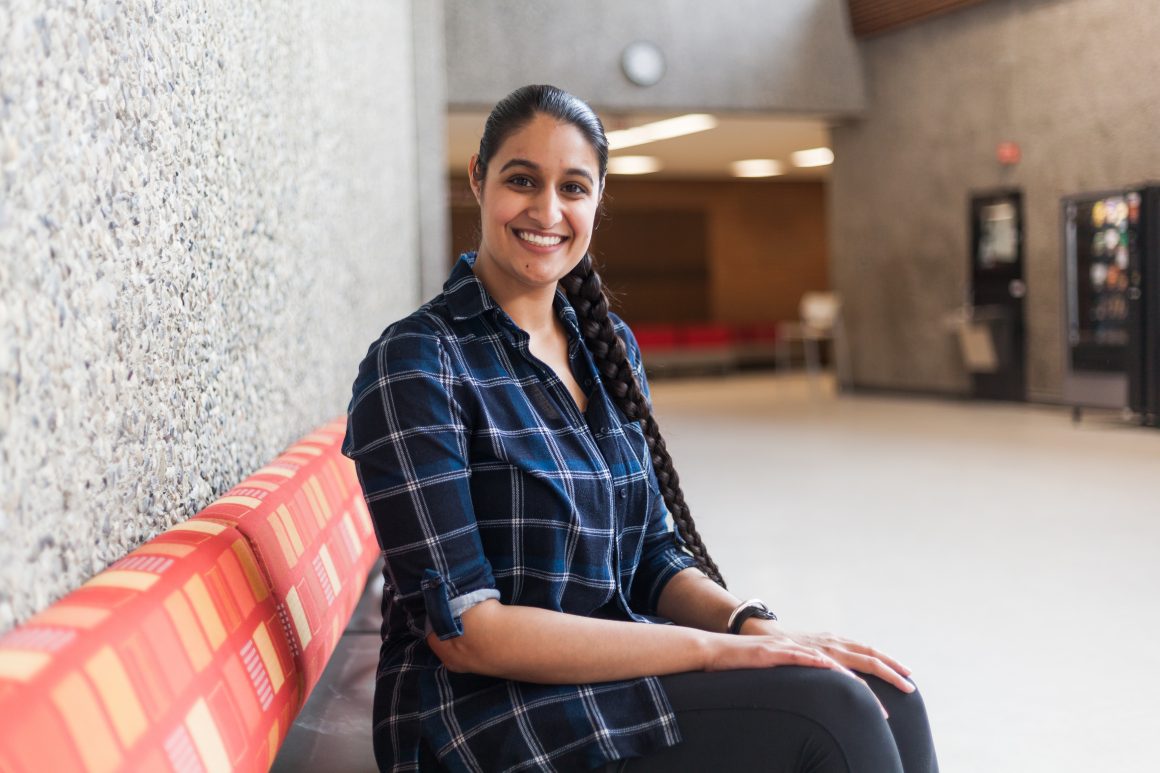
Sahota is aware of the research and funding opportunities in her faculty but knows that many students are not. She plans to increase awareness of these things and one of her platform points indicates she’ll “support students in writing research proposals.” It’s a little unclear how she’ll do this and we’d like to see a more fully-developed plan to measure success in this area.
Sahota was one of the few candidates for any position that specifically mentioned international students and the tuition increases they’re facing. SLC minutes show Sahota fighting tirelessly for students in her last term and expecting the same from other representatives which makes a measurable impact on the SU.
Sahota is a true champion for the Faculty of Science and her achievements in the 77th SLC are impressive.
Stanton Thai
Despite this being his first-ever campaign, Stanton Thai presents an impressive and detailed platform with clear, actionable items. He presents a thoughtful, well-developed plan for his time in office.
Although we reserve our time in the candidate interview to ask them questions to clarify their platform points and ask for specific details on each idea, we had very little to ask about Thai’s already-detailed platform. Seeing a lack of awareness about the resources available to science students, Thai’s platform deals openly with resolving such issues, developing an event calendar and newsletter to inform students of upcoming opportunities and developing a “Science Handbook” to give students in his faculty a one-stop guide to the programs and services tailored specifically for them — all simple, pragmatic solutions to his identified issues. He also plans to stay on top of student issues in his faculty by creating a feedback form for students to open a line of communication between the student representatives and their electorate, a democratic and laudable goal.
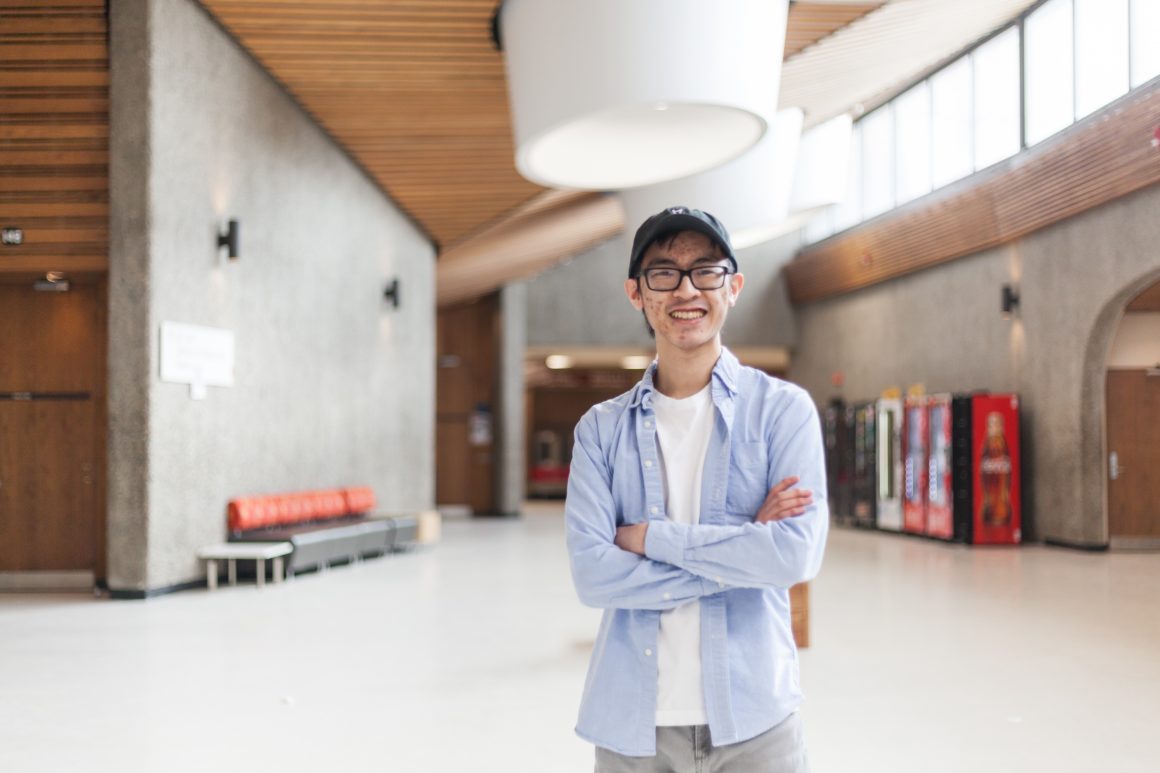
What is missing from Thai’s platform is a wellness-oriented goal — while science students will likely welcome the proposed improvements to their study life and the added resources for their careers later on, they may be left wondering what kinds of events will be hosted to improve their mental well-being and the social aspect of their campus life. Thai’s response to this concern is that his platform is academically-oriented for a reason — other candidates running for office cite student wellness as a core focus in their platforms, and since two others will be elected into office, he will be able to concentrate solely on improving the academic and working lives of the student population during his term.
Overall, however, Thai’s platform is sound, logical and his solutions to problems set an excellent example for future candidates to follow, with pragmatic, thoughtful ideas on improving student life for science students.
Remember, the supplement constitutes the opinions of our panel — it’s important that you read the candidate’s platforms on the SU’s website, interact with those running for positions, ask questions and make up your own minds about who deserves your vote!
